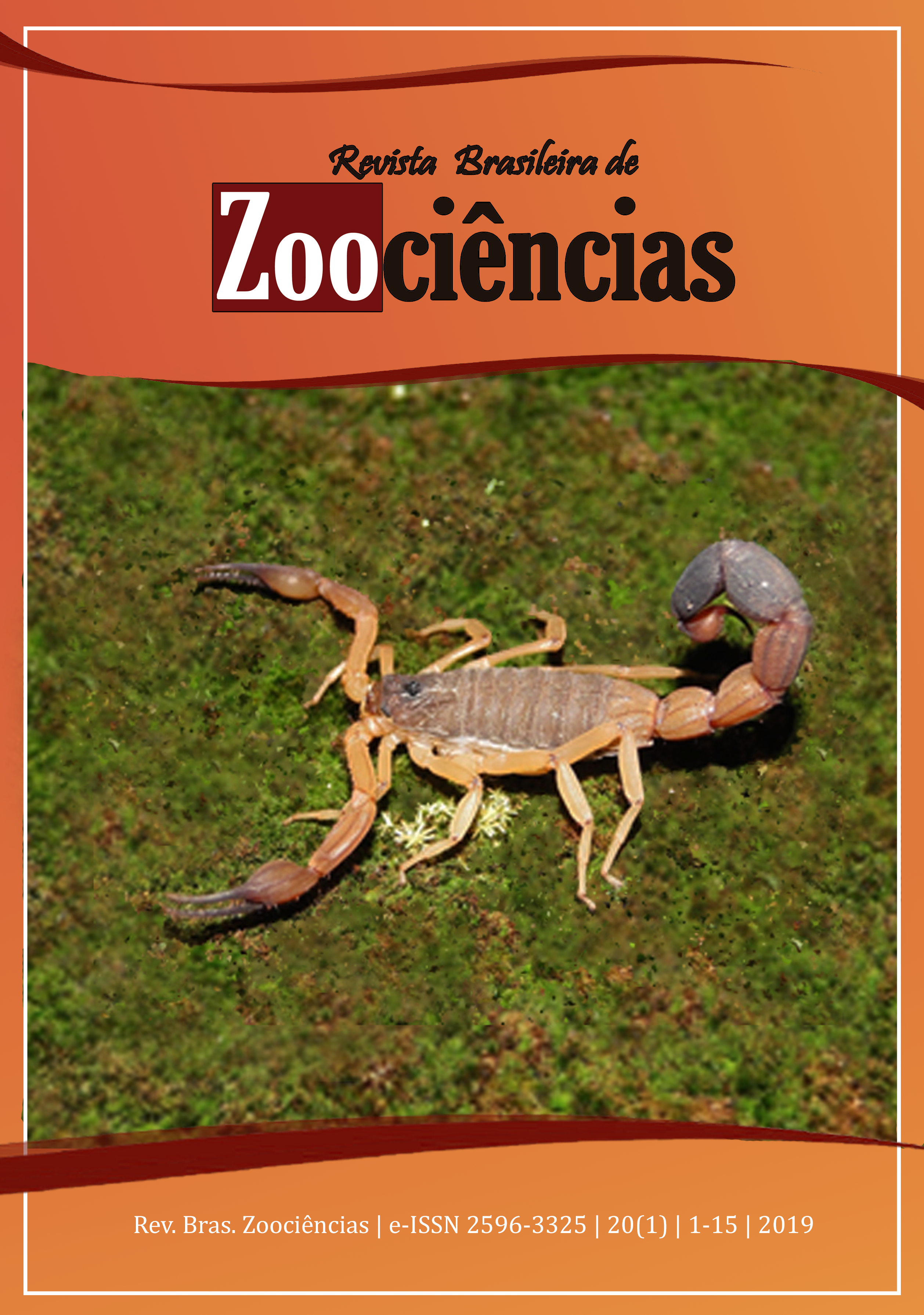Controle de Formigas Lava-pés: Onde Encontro Informações?
DOI:
https://doi.org/10.34019/2596-3325.2019.v20.27194Palavras-chave:
Formigas de fogo, Métodos de controle, Pragas urbanasResumo
As formigas lava-pés são facilmente encontradas em ambientes urbanos e, devido ao seu comportamento agressivo, ferroam suas vítimas, o que pode desencadear reações alérgicas graves ou até mesmo a morte do indivíduo. O controle dessas formigas ainda não é bem estabelecido, no entanto, é possível encontrar diversas alternativas de controle tanto na internet como na literatura. Sendo assim, o objetivo desse trabalho foi realizar um levantamento quantitativo acerca dos métodos de controle de lava-pés disponíveis nas diferentes mídias de divulgação. A pesquisa foi realizada nas plataformas do Google e YouTube para sites e vídeos, respectivamente, e Web of Science e Google Acadêmico para produções científicas, nos últimos 22 anos. Os termos utilizados na pesquisa foram “como controlar formigas lava-pés” em sites e vídeos e “fire ants, control, Brazil” para a busca bibliográfica. Os métodos sugeridos para o controle de formigas de fogo foram divididos em três categorias: caseiros, químicos e controle biológico. Um total de 38 publicações (18 sites, 12 vídeos e oito produções bibliográficas) que abordaram 18 métodos diferentes de controle foram registrados. Os métodos caseiros foram os mais citados (n = 39), seguido dos métodos químicos (n = 19) e controle biológico (n = 2). Dentre os sites encontrados, o uso de substâncias de origem vegetal (n = 7) foi o mais citado, já a maioria dos vídeos acessados sugeriram uma solução de vinagre com detergente (n = 5) e nas produções bibliográficas o uso de inseticidas (n = 4) foi mais recomendado. Houve participação de profissionais em 61% das publicações. Embora a internet seja um instrumento de pesquisa popular, é necessário atentar-se à confiabilidade das informações disponibilizadas, visto que o manuseio de determinados produtos pode ser nocivo à saúde e ao meio ambiente e em muitos casos ser totalmente ineficaz para o controle destas formigas.



